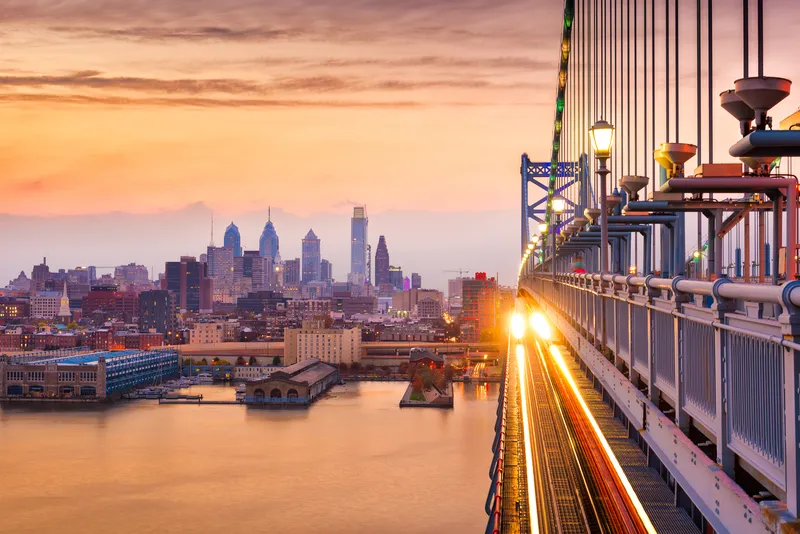Transport Minister Simon Bridges says the nationwide network of fast-charging stations will help address one of the main barriers to electric vehicle (EV) uptake in New Zealand.
He said a big barrier preventing households and businesses from choosing EVs is the limited availability of public charging infrastructure and increasing the number of charging stations will give New Zealanders the confidence to use EVs for longer distance travelling.
Developing guidelines for the installation of public charging infrastructure is one of the 14 initiatives the New Zealand Government announced in May as part of its Electric Vehicles Programme, which has a target of 64,000 EVs on NZ roads by 2021.
New Zealand to install electric highway to encourage EV uptake
BMW Group New Zealand is to partner with Charge Net NZ to help stimulate the installation of a network of fast-charging EV stations in New Zealand. More than 100 stations will be installed across the country.
September 28, 2016
Read time: 1 min









